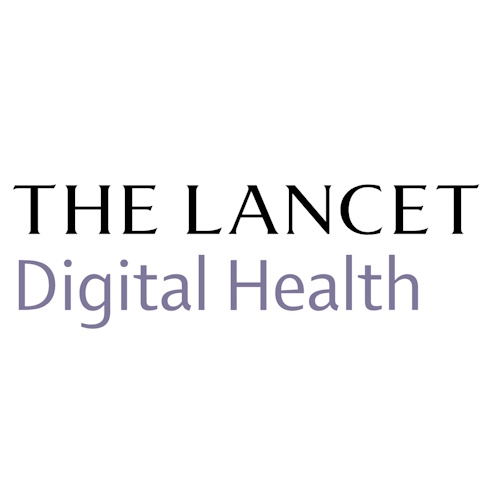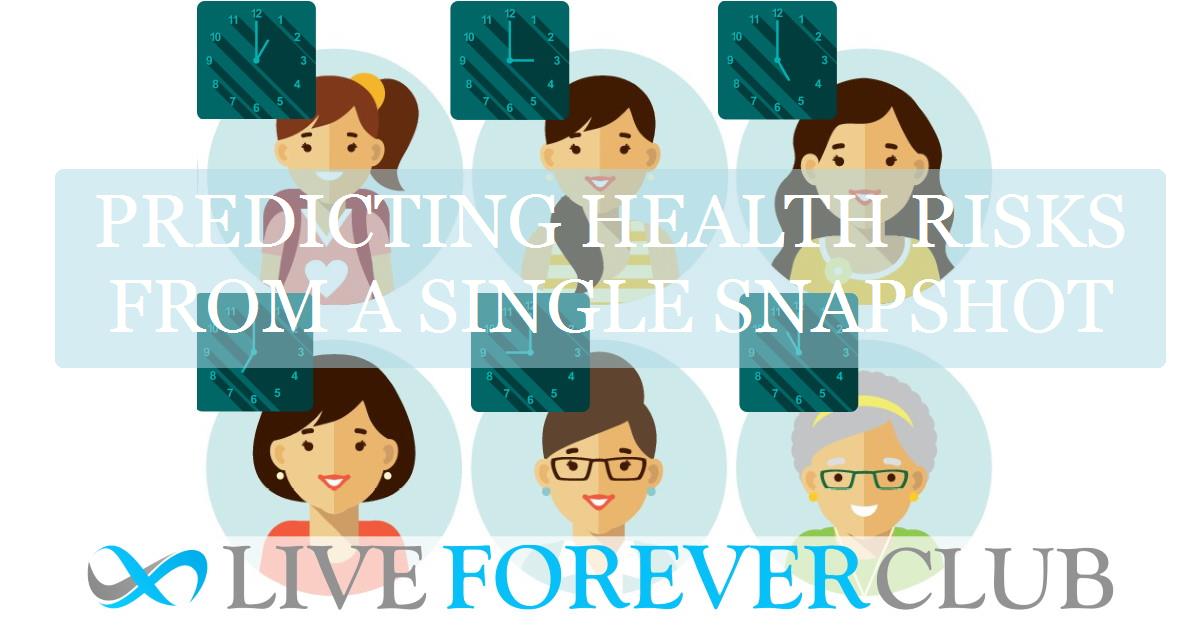Key points from article :
A new artificial intelligence tool called FaceAge has shown promise in predicting biological age—and associated health risks—from simple face photographs. In a study published in The Lancet Digital Health, lead author Hugo Aerts and colleagues trained the FaceAge system on over 56,000 publicly available images from IMDB and Wikipedia, each labelled with the person's actual age. After validating the model using the UTKFace dataset and several clinical cohorts, including cancer patients, researchers found that FaceAge could effectively estimate biological age from a face photo alone.
Crucially, the tool revealed that cancer patients, on average, appear about five years older biologically than their actual age. This "aged" appearance was linked with worse health outcomes, regardless of cancer type or stage. When doctors were given FaceAge data alongside standard clinical information, their ability to predict patient survival improved. According to co-author and radiation oncologist Prof Ray Mak, FaceAge could serve as a valuable aid to clinicians, enhancing medical decision-making by offering an objective health metric derived from appearance.
However, the study also highlights several challenges. The training data primarily included celebrities—who may have access to cosmetic procedures and healthier lifestyles—potentially biasing the system. Ethnicity data was also not collected for the main training cohort, raising concerns about generalizability and fairness. Future development of such tools will need to ensure training on more diverse and representative datasets to support equitable healthcare.
Privacy remains another key issue. The use of facial images in medical AI could pose risks if misused by insurers or other third parties, potentially disadvantaging already vulnerable populations. The authors stress the importance of informed consent, robust data protection, and strict regulatory oversight when implementing technologies like FaceAge. While the tool shows promise in improving prognosis, it must be deployed with caution and ethical safeguards to ensure it benefits all patients fairly.






